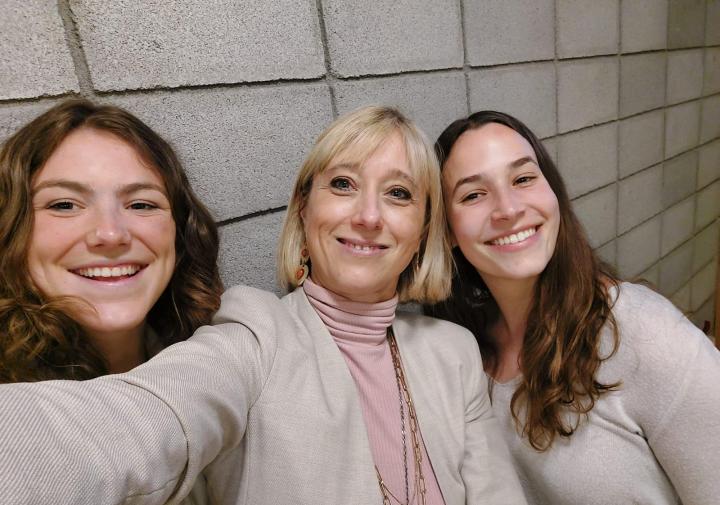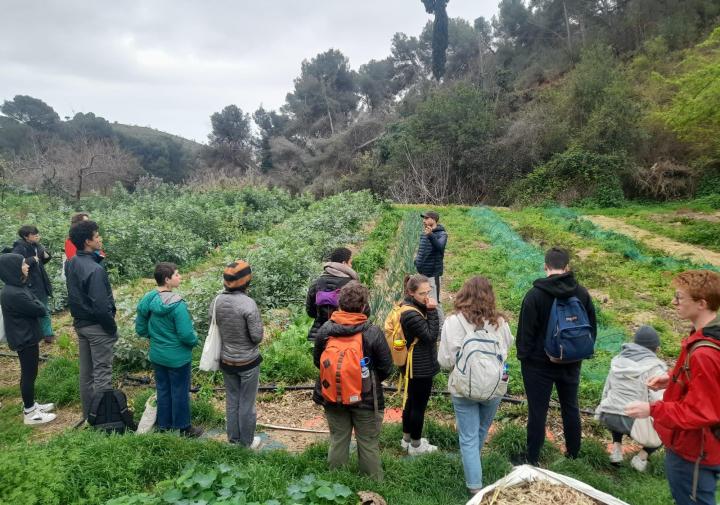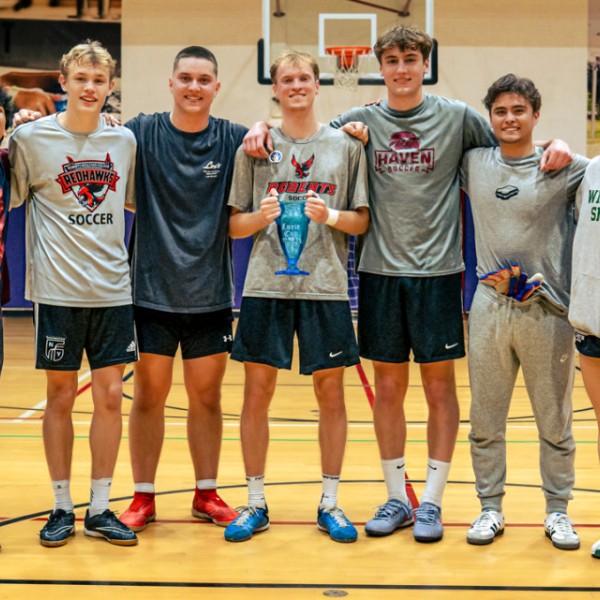3. Relationships are knowledge.
In engaged learning, you learn much more than you could in the classroom. So, don’t sweat the small stuff and engage with your community! Smile! Get involved in an activity you’ve never tried before! Make friends outside your program! Go dancing! You can’t expect to make solid connections and develop relationships without taking yourself out of your comfort zone and making an effort to make individual relationships with folks outside of your study abroad group. In South Africa, I ended up seeing a lot of live music that had nothing to do with the program, and through those concerts, I got to meet many new people from the country.
4. Be grateful to everyone.
While simple, gratitude and appreciation are human facets known by all people and in all languages. Showing your appreciation for the experiences you are having, whether it be to your host family, research partners, favorite restaurant owners, or neighbors, is not only the right thing to do but also progresses your relationships. Reciprocity is essential, too— share a recipe from your family with your host family, offer to provide childcare, etc., when you can. Always send a thank you and follow up when you can.
5. Find humor in the messy, and never be ashamed to admit a mistake.
Humility is the most important trait when experiencing a new culture, place, or group of people. There will be so many challenges when you get to a new country, and you need to know that not knowing the answer is okay too! Own what you need to work on, and people will be happy to help. The folks you are working with don’t expect perfection, but being able to laugh off a crazy day and ask for help is crucial to interpersonal dynamics and your success in a new community! Check your ego, with your suitcase, at the gate.









